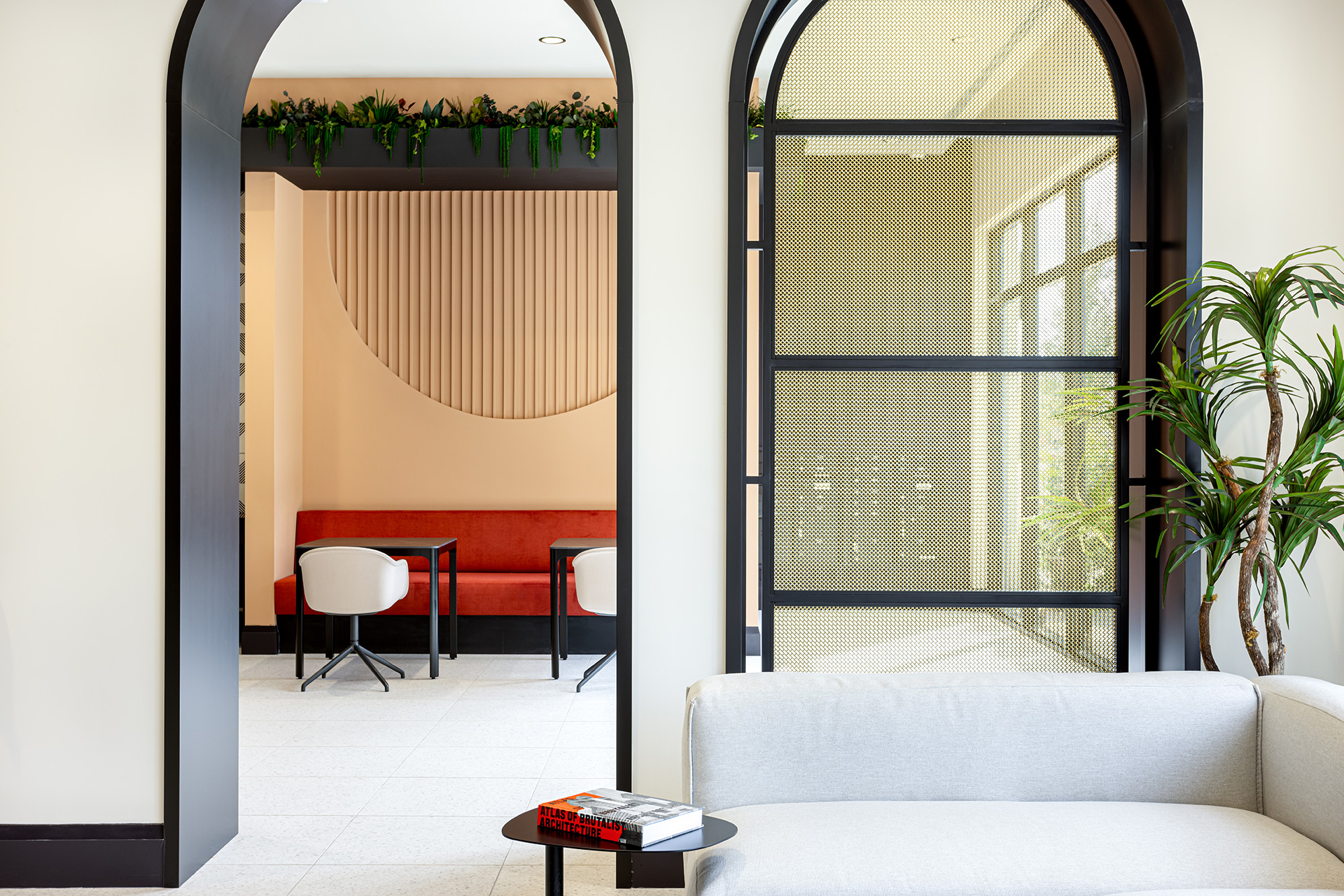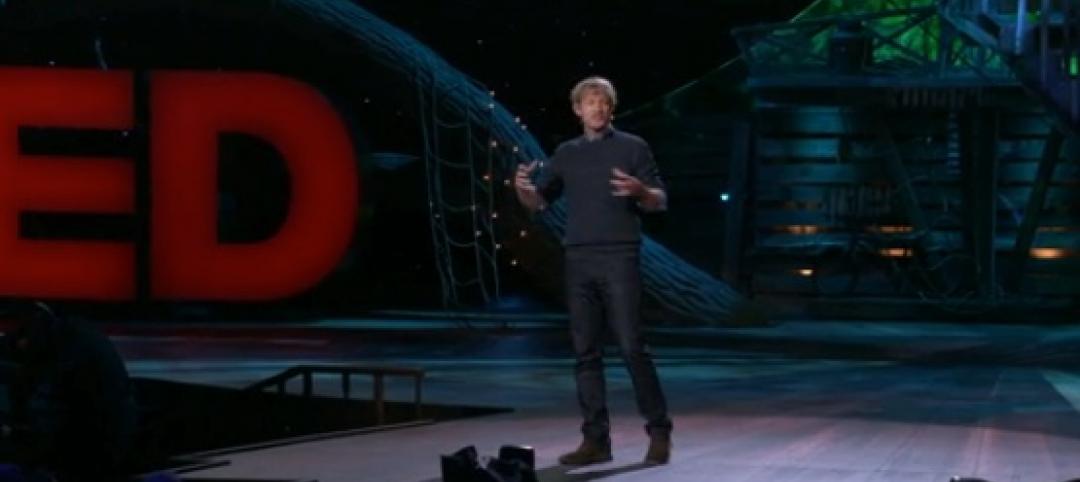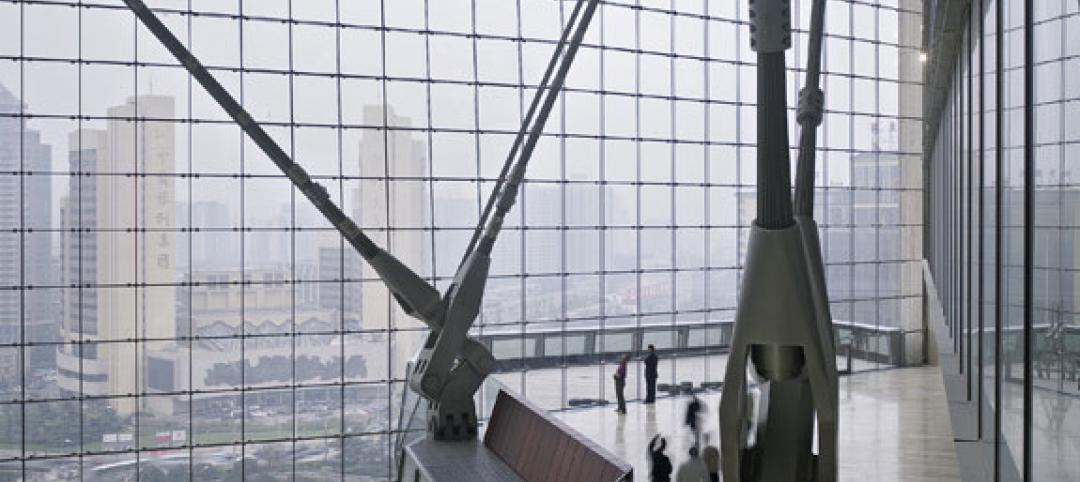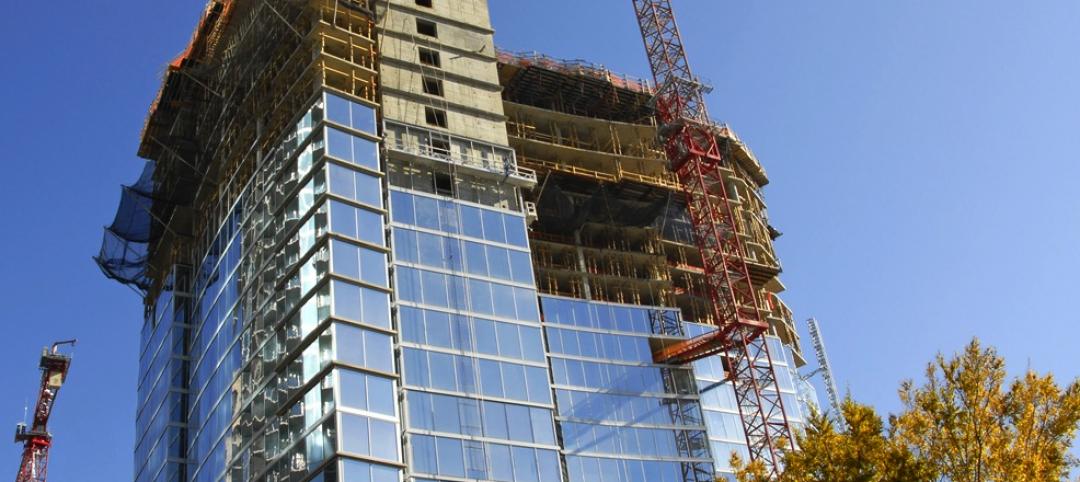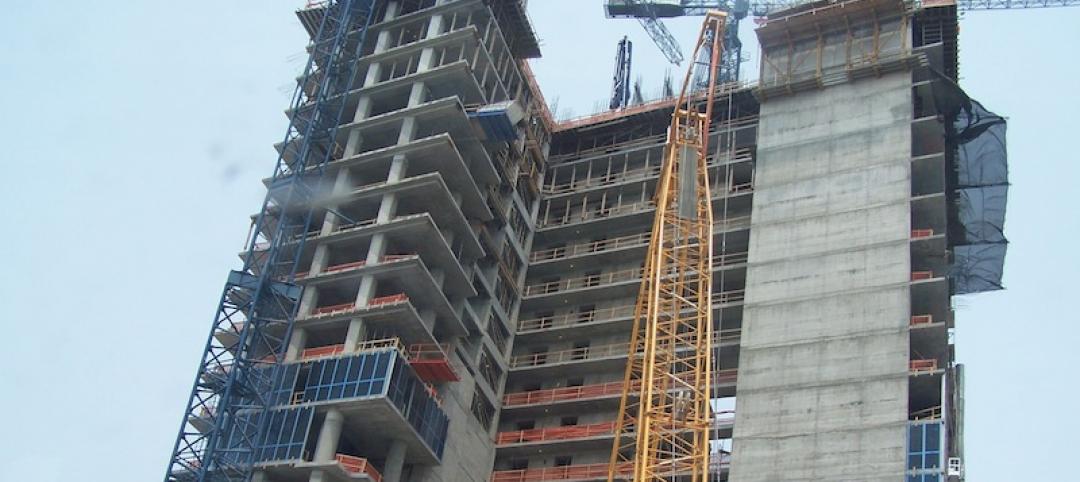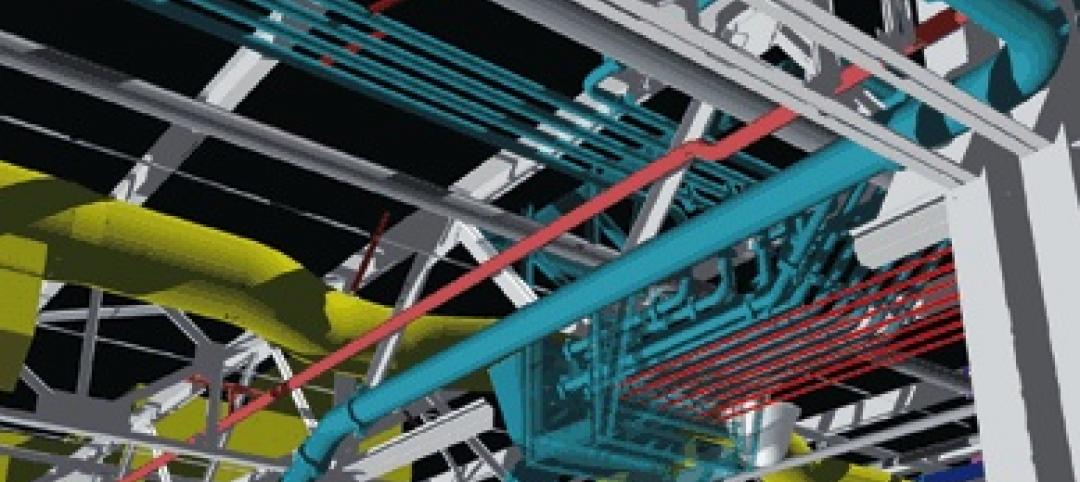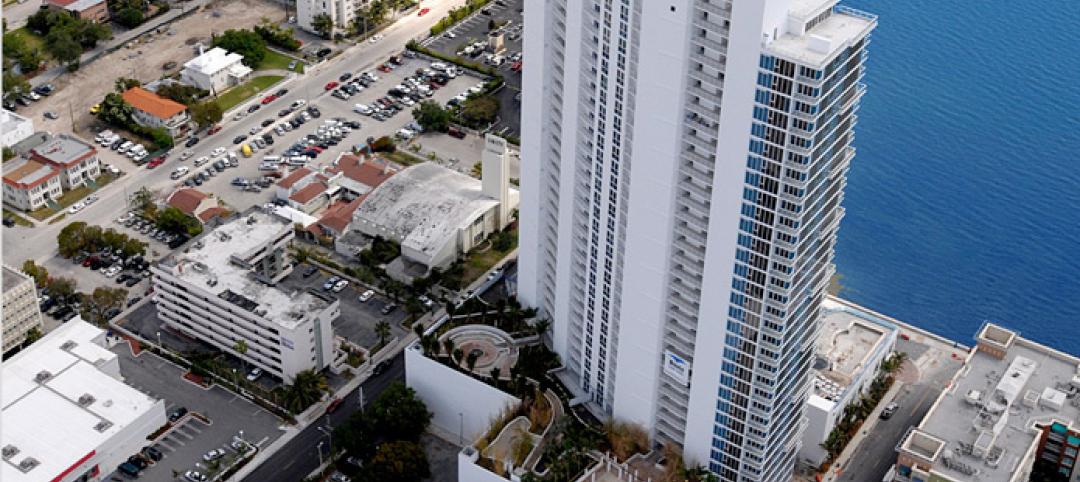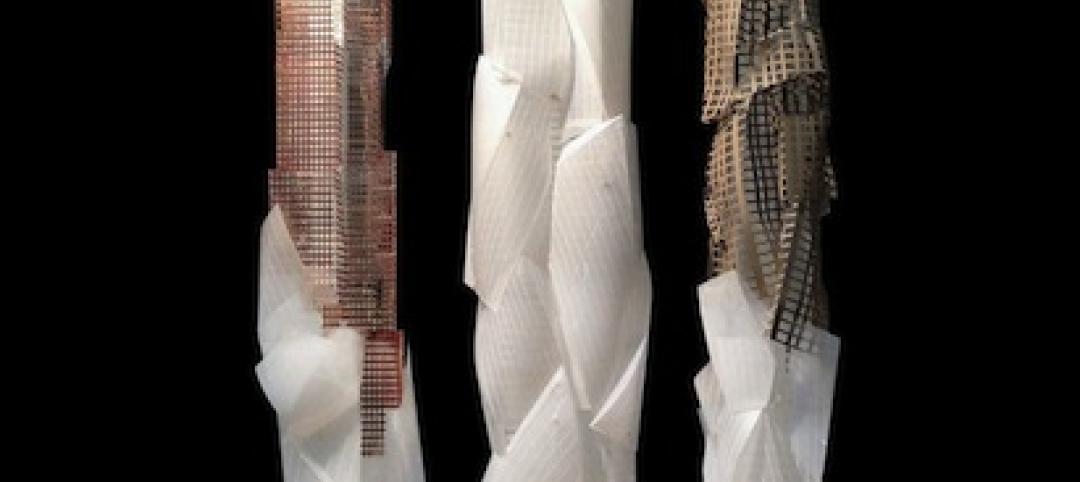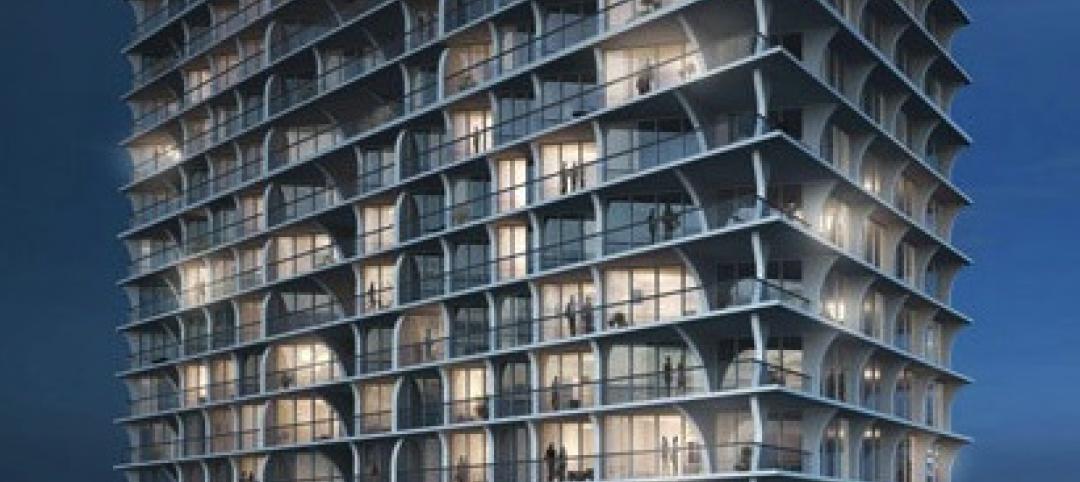As the demands of urban living continue to evolve, the need for a tranquil and refined home environment has never been more pronounced. Residents are increasingly seeking spaces that offer a respite from the bustling city life, longing for places where they can unwind and find peace.
This desire has given rise to the trend of "quiet luxury" influences in multifamily properties, an ethos centered on understated elegance, quality, and serenity. This approach prioritizes the creation of spaces that exude a sense of calm and refinement, with every detail curated to evoke a feeling of indulgence.
Combining high-end design with practical living spaces can improve residents’ quality of life. This approach enhances resident experiences and establishes new standards of comfort and sophistication. One of our most recent projects, Modera Coral Springs, exemplifies this type of transition for multifamily spaces. This development introduces modern, market-rate apartments that offer a holistic living environment through key elements such as luxury amenities and thoughtfully-designed community spaces.
How to identify quiet luxury?
High-quality materials play a crucial role in defining quiet luxury. Modera Coral Springs features heavy-grained stones and terrazzos are used alongside bleached wood tones to create a sophisticated space. These materials are not only visually appealing but also tactile, enhancing the sensory experience of the built environment.
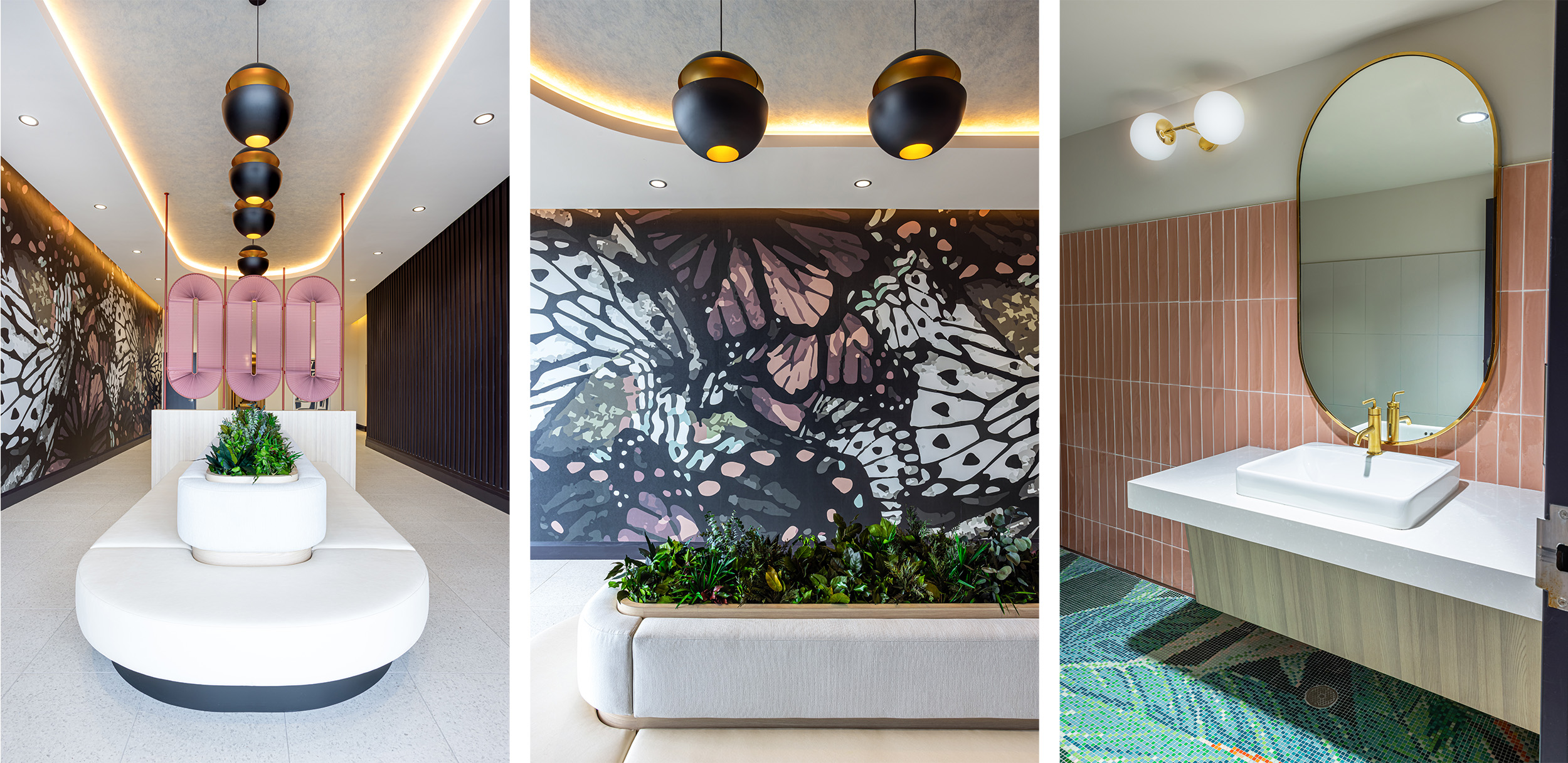
To further enhance the living experience, a property should offer top-notch amenities that align with the quiet luxury ethos. At Modera Coral Springs, these include a club room, dedicated coworking space, game room, fitness center, rooftop deck, and pool deck. Each amenity is designed with a warm, organic connection to the region, ensuring that residents have access to both relaxation and recreation.
By understanding the foundational principles of quiet luxury, you can explore the specific advantages it brings to multifamily properties.
Enhanced Resident Satisfaction
Residents who experience the environments created by this design philosophy are more likely to renew their leases, leading to higher retention rates. The lifestyle benefits offered by such spaces—where comfort and luxury are seamlessly blended—make residents feel more valued and content, contributing to a sense of well-being.
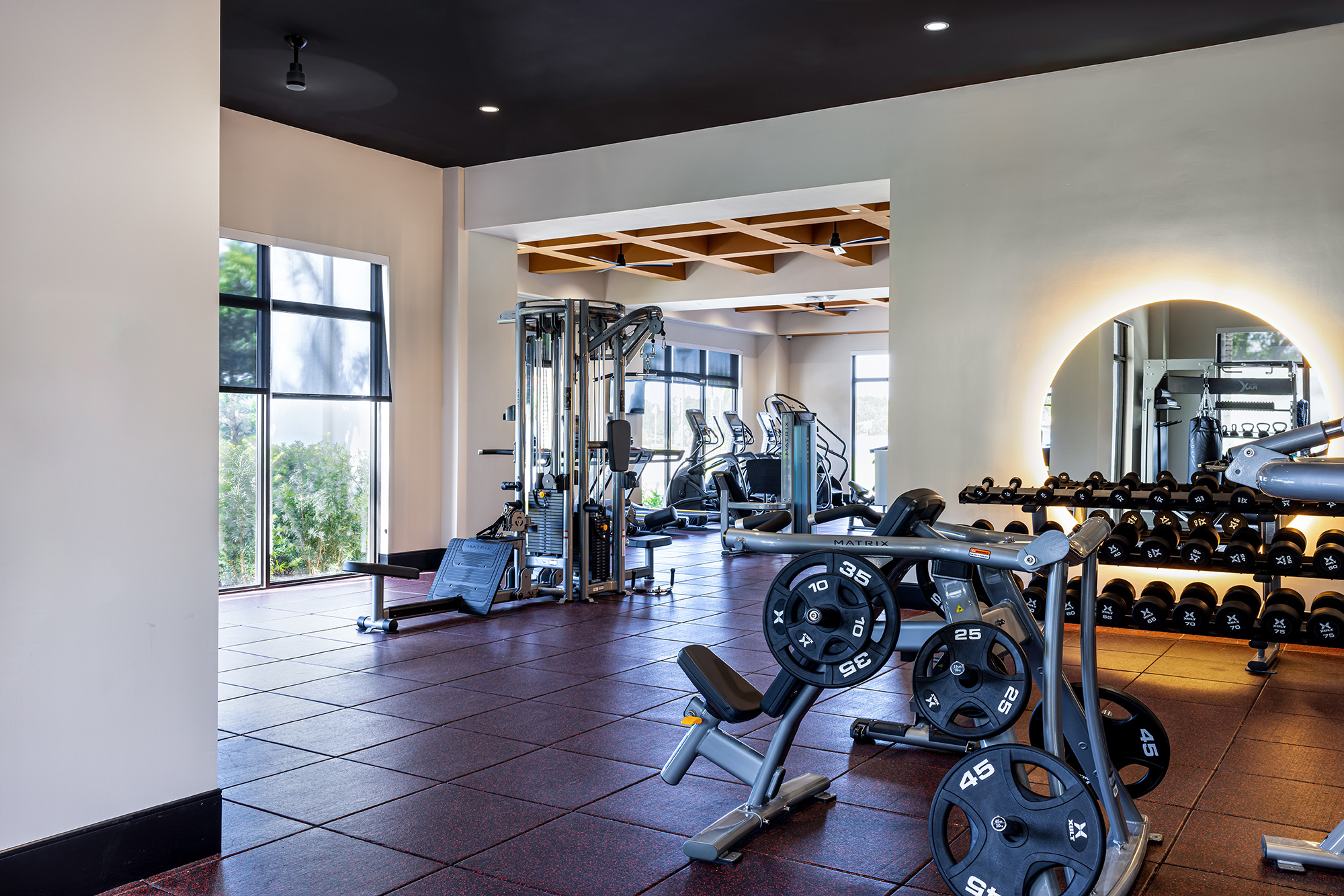
Increased Property Value
Properties that incorporate quiet luxury elements often see an increase in their market value. High-quality finishes, premium amenities, and sophisticated design contribute to a perception of greater worth, making the property more attractive to potential investors and buyers.
Elevated Brand Image
Branding extends beyond logos and marketing materials; it encompasses the overall experience and perception of the property. These design principles provide a cohesive and consistent aesthetic that aligns with the property's brand identity. This consistency can differentiate these properties from competitors that may prioritize more conventional or generic design approaches.
While the concept of quiet luxury might evoke images of high costs, it is possible to incorporate this trend affordably by focusing on strategic planning and thoughtful design choices, while maximizing the impact of each investment.
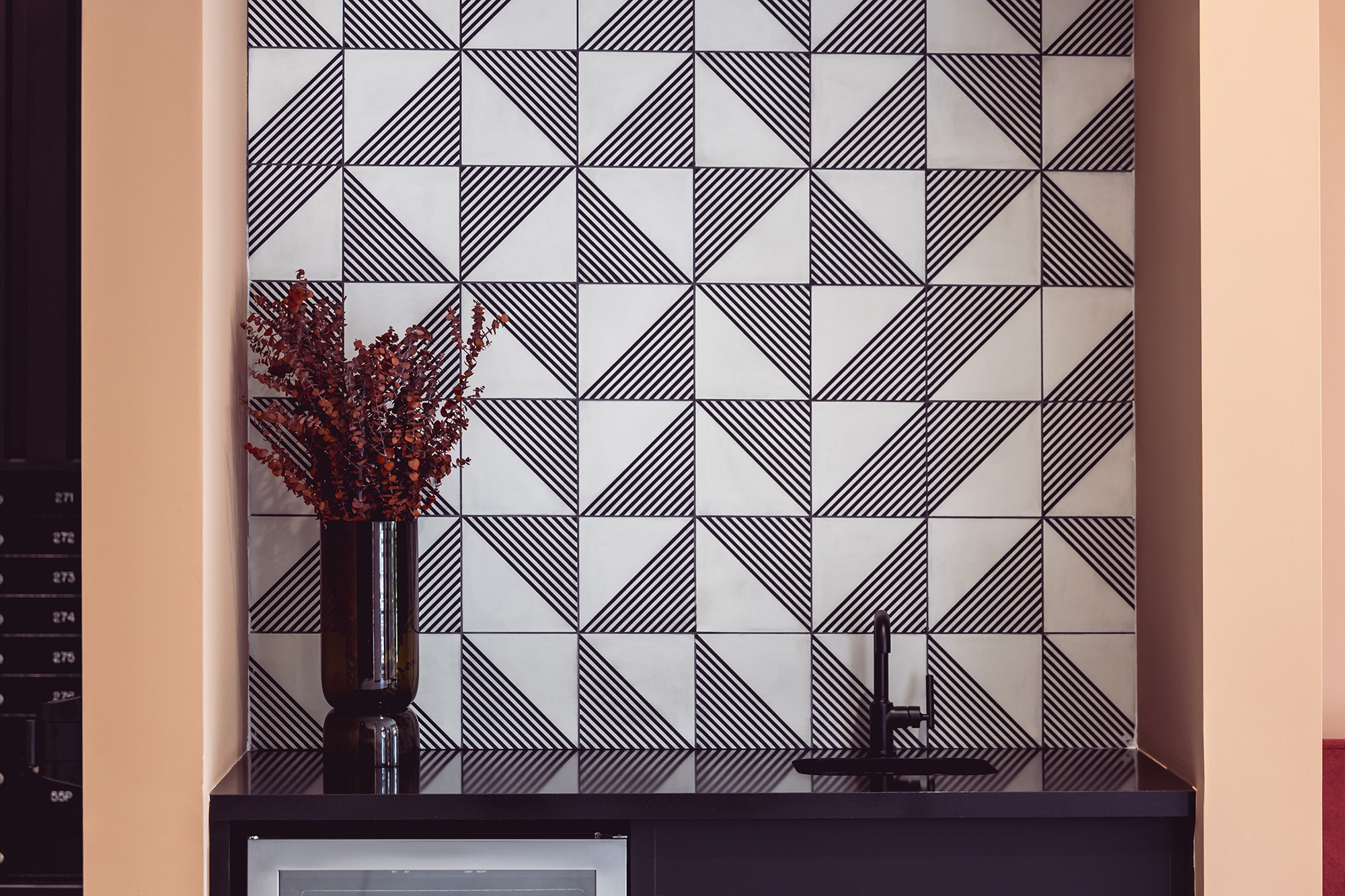
Strategic Material Selection
Choose timeless materials such as natural stone, wood veneers, and high-quality laminates that can lend a sense of luxury without breaking the budget.
Thoughtful Space Planning
Utilize natural light to create an airy and inviting atmosphere. Optimize window placements and use light-colored finishes to reflect light and make spaces feel brighter and more spacious. Planning also involves creating functional layouts. Focus on curating efficient and functional layouts that maximize space utilization and enhance the overall flow of the multifamily units. This can make even modestly sized units feel luxurious and comfortable.
Efficient Use of Amenities
Design multifunctional spaces that can serve multiple purposes to maximize their utility and appeal. For example, a community room could double as a coworking space during the day and a social gathering space in the evenings, offering residents flexibility and convenience without the need for additional square footage.
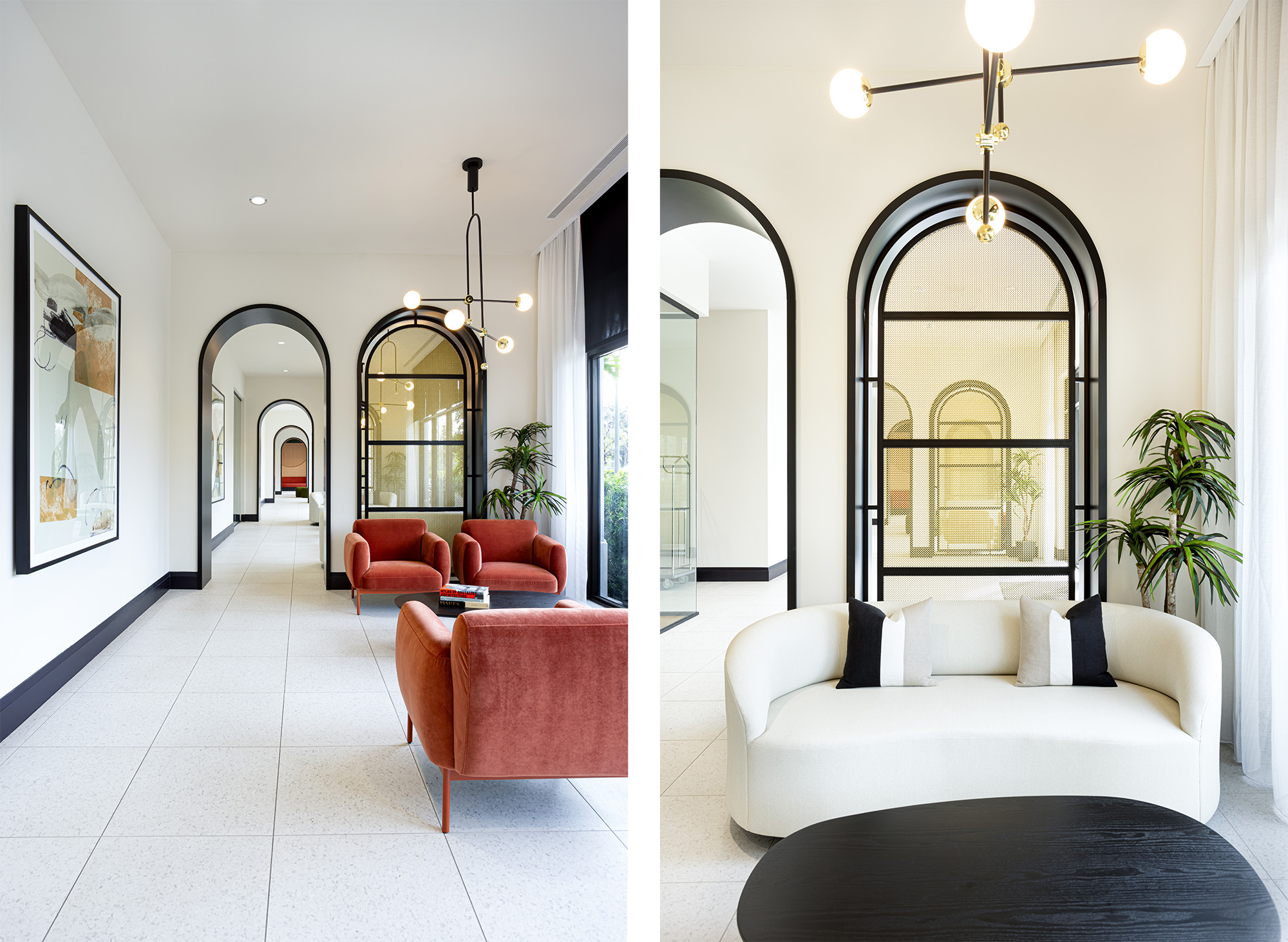
By prioritizing quality, serenity, and understated elegance, developers can create environments that meet the evolving needs of urban residents. Our recent collaborations showcase the potential of this approach, offering a blueprint for how multifamily properties can evolve to provide a more fulfilling living experience for residents.
As urban living continues to change, the adoption of these design principles will likely become a key differentiator in the real estate market, setting new standards for market-rate apartments and resident satisfaction.
Related Stories
| Jul 10, 2013
TED talk: Architect Michael Green on why we should build tomorrow's skyscrapers out of wood
In a newly posted TED talk, wood skyscraper expert Michael Green makes the case for building the next-generation of mid- and high-rise buildings out of wood.
High-rise Construction | Jul 9, 2013
5 innovations in high-rise building design
KONE's carbon-fiber hoisting technology and the Broad Group's prefab construction process are among the breakthroughs named 2013 Innovation Award winners by the Council on Tall Buildings and Urban Habitat.
| Jul 8, 2013
RSMeans cost comparisons: hotels, motels, and apartment buildings
Construction market analysts from RSMeans offer construction costs per square foot for hotels, motels, and apartment buildings.
| Jul 3, 2013
Architects team with HUD to promote 'Rebuild By Design' competition for Hurricane Sandy recovery effort
The American Institute of Architects (AIA) today announced a communications campaign urging its membership to enter the “Rebuild by Design” multi-stage regional design competition announced by Department of Housing and Urban Development (HUD) Secretary Shaun Donovan on June 20.
| Jul 2, 2013
LEED v4 gets green light, will launch this fall
The U.S. Green Building Council membership has voted to adopt LEED v4, the next update to the world’s premier green building rating system.
| Jul 1, 2013
Report: Global construction market to reach $15 trillion by 2025
A new report released today forecasts the volume of construction output will grow by more than 70% to $15 trillion worldwide by 2025.
| Jun 28, 2013
Building owners cite BIM/VDC as 'most exciting trend' in facilities management, says Mortenson report
A recent survey of more than 60 building owners and facility management professionals by Mortenson Construction shows that BIM/VDC is top of mind among owner professionals.
| Jun 26, 2013
Commercial real estate execs eye multifamily, retail sectors for growth, says KPMG report
The multifamily, retail, and hospitality sectors are expected to lead commercial building growth, according to the 2013 KPMG Commercial Real Estate Outlook Survey.
| Jun 25, 2013
Mirvish, Gehry revise plans for triad of Toronto towers
A trio of mixed-use towers planned for an urban redevelopment project in Toronto has been redesigned by planners David Mirvish and Frank Gehry. The plan was announced last October but has recently been substantially revised.
| Jun 25, 2013
First look: Herzog & de Meuron's Jade Signature condo tower in Florida
Real estate developer Fortune International has released details of its new Jade Signature property, to be developed in Sunny Isles Beach near Miami. The luxury waterfront condo building will include 192 units in a 57-story building near high-end retail destinations and cultural venues.



